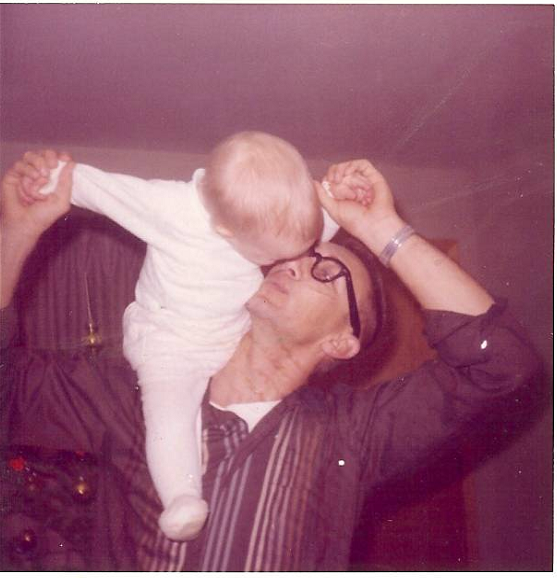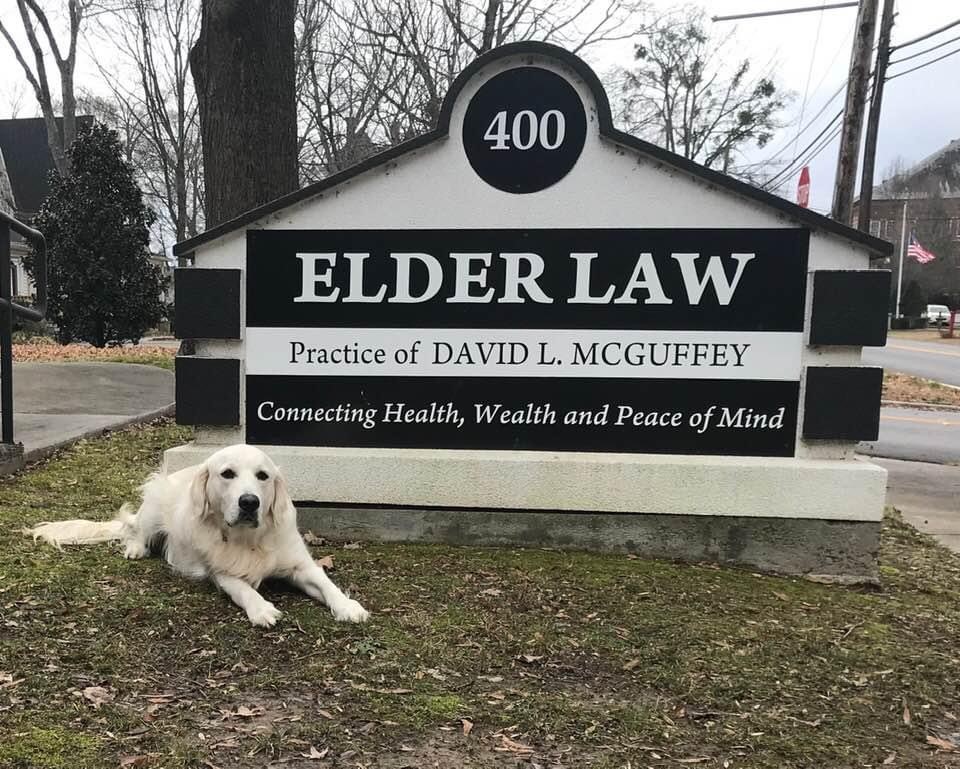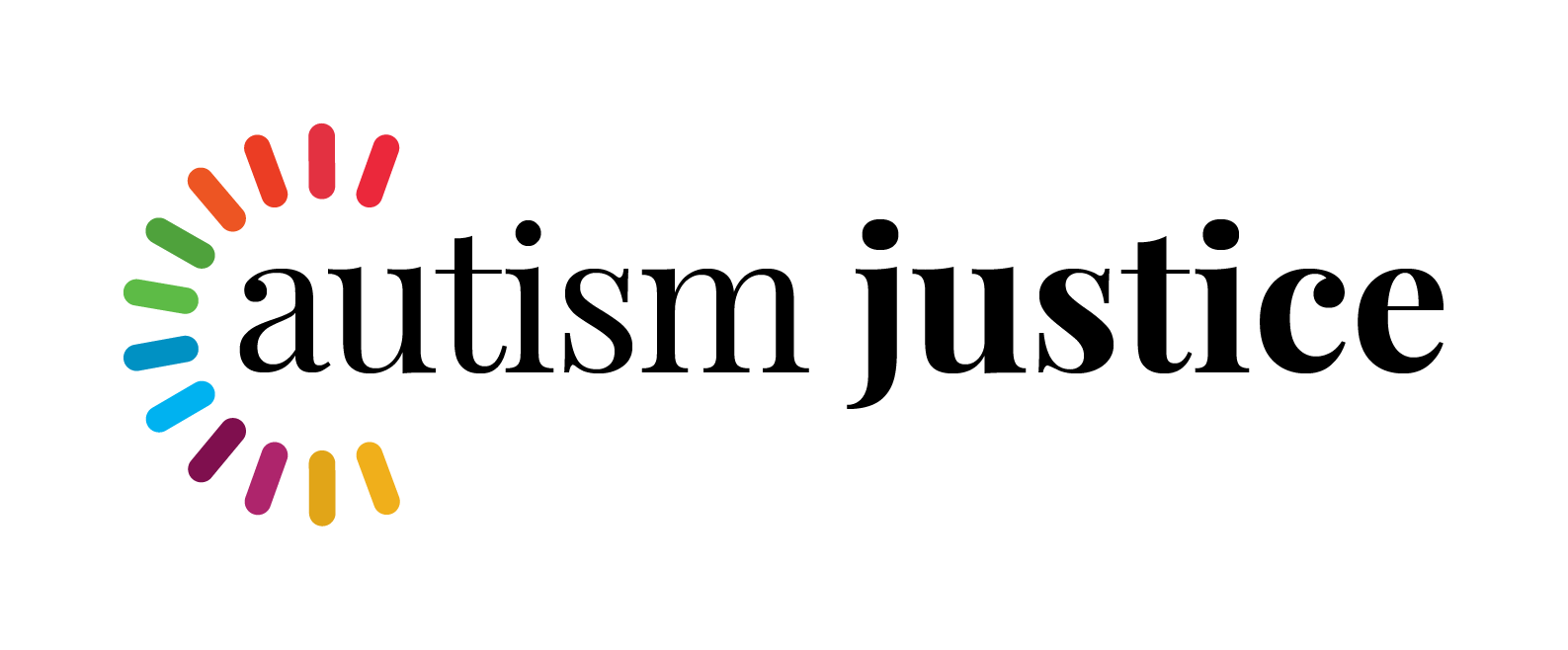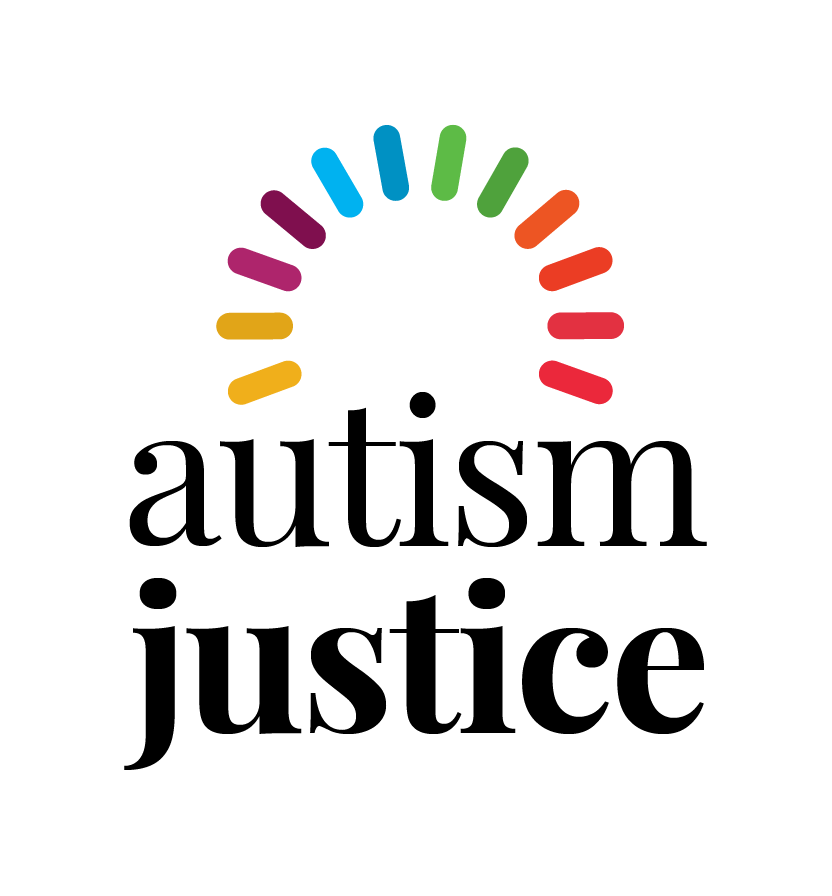On January 29, 2018, CNN reported that a British Court ruled in favor of doctors, and against parents, holding that doctors could withdraw life support for a severely disabled child. Baby Isaiah was born by emergency cesarean after his mother experienced a rupture in her uterus. At birth, he had no audible heartbeat or respiration, but was revived. Doctors argued it was not in Isaiah’s interest to prolong his life.
Euthanasia is the practice of intentionally ending life to releive pain and suffering. Technically, withdrawing life sustaining treatment is not considered euthanasia, but in most cases the withdrawal of treatment is at the patient’s request, not the government, not the medical community, and not insurers. The notion that a patient controls his or her own care, including the right to refuse treatment stems from Cruzan v. Director, Mo. Dep’t Health, 497 U.S. 261 (1990) and related cases.
So how are circumstances different when a third party initiates the withdrawal of care? To some extent it depends on whether you believe health care is a right, or whether you believe individuals are only entitled to get the care they can afford. On February 2, 2017, Forbes ran an article titled “Why Healthcare Rationing is a Growing Reality for Americans.” There, the author indicated that de facto rationing is a growing reality as doctors forego complex and time-consuming processes required to authorize procedures. But rationing can take many forms, including covert and overt rationing. Medicare and Medicaid reimbursement rates have been flat, meaning that some providers no longer accept covered patients. Medicaid, the safety net for America’s elderly and disabled, may simply refuse to cover certain types of care. Also, when private health insurance incorporates high deductibles, families that can’t afford those deductibles go without care.
The recent debate over the Affordable Care Act raised the specter of rationing in a different way. There, Republicans sought to block-grant the Medicaid program. Right now, certain groups, such as pregnant mothers, infants, and nursing home residents, receive care so long as they meet eligibility criteria, regardless of their condition and regardless of the number of needy individuals in a particular state. However, block-grants would change that. Instead of covering specific groups of needy individuals, the government would instead write each state a check for a specific amount of funds. Once those funds are gone, anyone else needing care would be denied services. With that in mind, let’s return to Baby Isaiah. If he needed care and his parents were eligible for Medicaid, what would you think if the Medicaid eligibility caseworker said we’ve used up the block-grant? What would you say if your mother or grandmother needed nursing home care to continue living and the eligibility caseworker said we’ve used up the block-grant money?
These are hard questions and there’s no easy answer. No one has unlimited resources, but in the wealthiest country on earth, it’s legitimate to ask whether denying healthcare to the needy simply because they can’t afford it moves us closer to Soylent Green. Are we truly ready to ration life saving treatment? What we do know is that if you have an opinion, then you need to make certain your elected representatives hear from you.

























